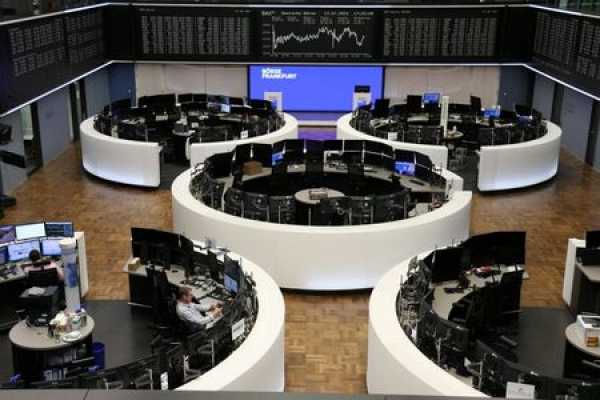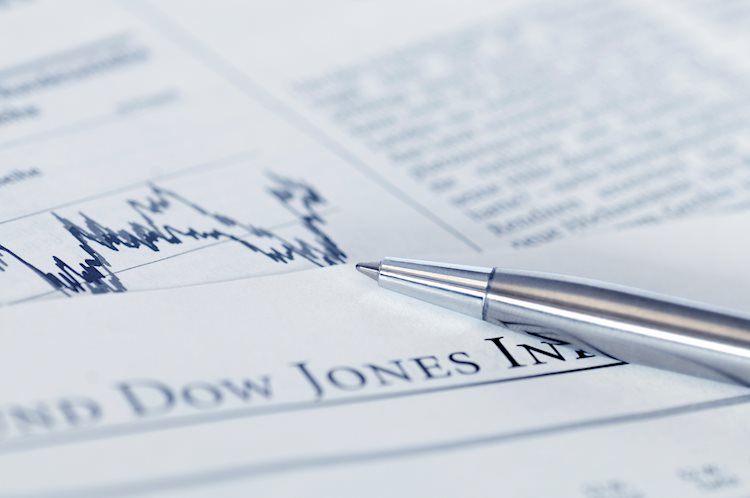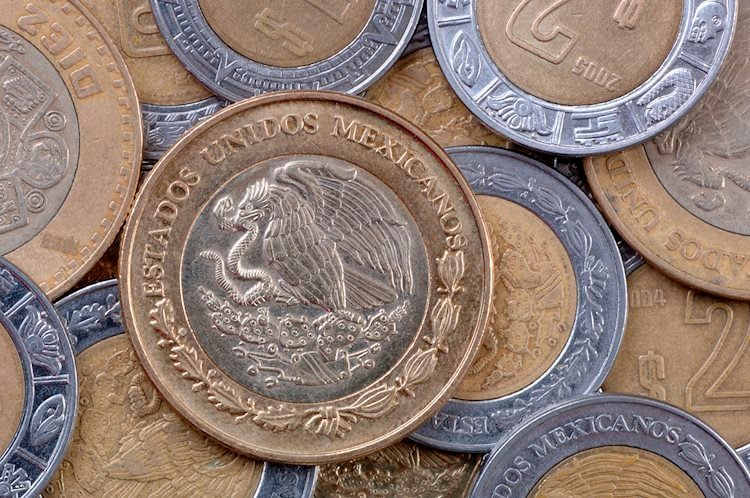In a letter to clients, Deutsche Bank analyst Craig Nicol stated, “The spread of the more infectious Delta form is the primary emergent danger for the time being, with COVID-19 cases on the rise again at the global level and in most of the G7 economies.”
Early advances across most European markets, with Britain’s FTSE 100 up 0.6 percent, kept MSCI’s broadest index of global equities flat in early European trading, roughly unchanged on the week.
This offset overnight weakness in Asia, where MSCI’s broadest index of Asia-Pacific shares outside Japan fell 0.4 percent, pulled down by 0.8 percent drops in China’s blue-chip index and Taiwanese shares, respectively.
The slump in Asia was fueled in part by disappointing earnings from TSMC, Asia’s largest company by market capitalization outside of China, which saw its shares decline about 4%.
Stock futures in the United States are pointing to a little higher open, up around 0.1 percent.
Markets remain buoyed by most of the world’s leading central banks’ ultra-easy monetary policy, but they are wary of the coronavirus threat and fear that policymaker support will be removed too soon if inflation fears mount.
In this context, all eyes are on the Federal Reserve of the United States for any signs that its dovish stance is likely to alter.
Rising inflation is likely to be transitory, according to Federal Reserve Chair Jerome Powell, who also stated that the US central bank will continue to support the economy.
However, with data guiding policymakers, all eyes will be on the newest batch of U.S. retail sales data later on Friday for further clues to the strength of the recovery, with the June print expected to show a rebound following a drop in May.
Prior to that, 10-year Treasury yields rose 2.3 basis points to 1.320 percent, remaining near the five-month low of 1.250 percent hit last week.
Major currencies were barely moved on the day in foreign exchange, but the dollar was heading for its greatest weekly gain in about a month. It was up 0.1 percent against a basket of key peers at the time of writing.
“In countries where immunization is limited, delta variants are rampant. In some ways, it appears that the dollar and US assets are being purchased as a hedge against this “Sumitomo Mitsui Bank’s general manager of global investment, Arihiro Nagata, stated.
Gold, on the other hand, hit a one-month high of $1,834.3 per ounce before falling 0.4 percent to $1,822.6, although it is still on track for a fourth straight weekly gain thanks to the Fed’s dovish stance.
Oil prices were headed for their largest weekly loss since May as investors worried about increased supplies, with OPEC set to boost output to match a potential rebound in demand as more countries recover from the virus.
Crude futures in the United States lost 22 cents to $71.43 a barrel, close to last week’s low of $70.76. Brent crude prices fell 20 cents to $73.27 a barrel.
Check out our economic calendar for a complete list of today’s economic happenings.
(Swati Pandey, Sujata Rao, and Dhara Ranasinghe contributed additional reporting; Sam Holmes and Mark Heinrich edited the piece.)/n





